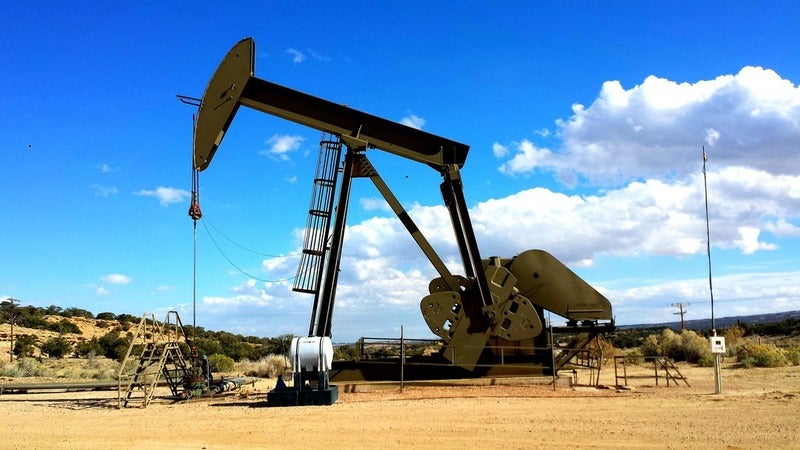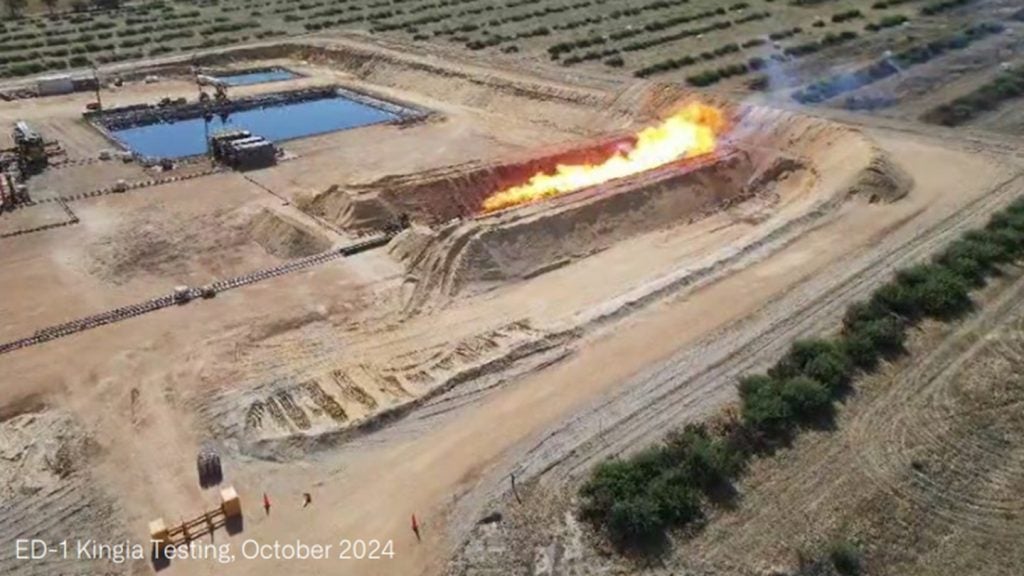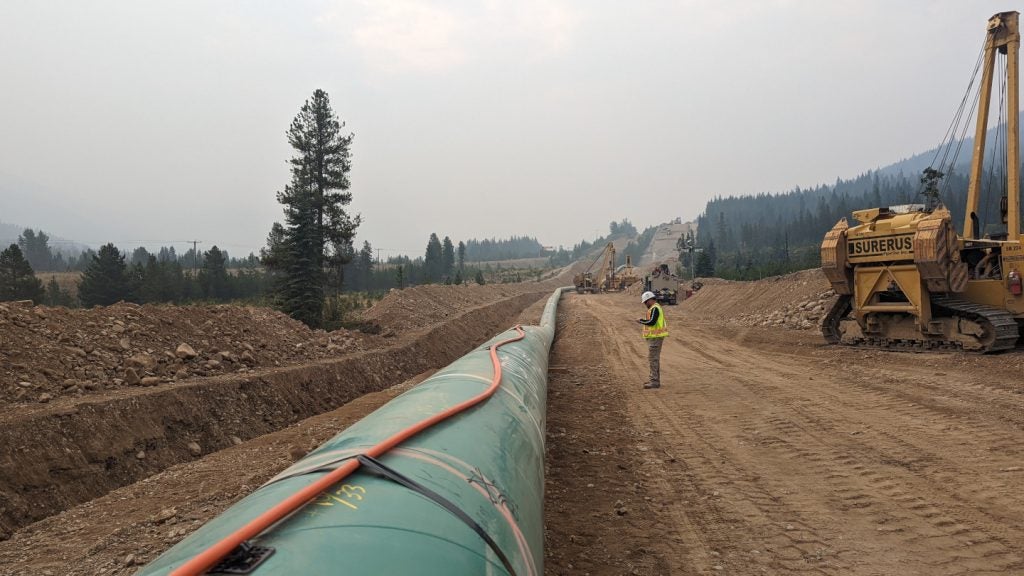
Global oil prices continued to improve due to tighter supplies in the market, which aided to offset the lingering concerns that the ongoing US-Chinese trade war may dampen crude demand.
Brent crude climbed 19 cents to $70.30 a barrel, while US West Texas Intermediate (WTI) jumped 50 cents to trade at $59.13 per barrel, reported Reuters.
Since the beginning of 2019, the oil market has been supported by voluntary supply cuts by the Organization of the Petroleum Exporting Countries (OPEC) and other allied countries. Additionally, prices were supported by rising tensions in the Middle-East and US sanctions on Iran and Venezuela’s oil exports.
Last week, the US announced that it will deploy additional troops in the Middle-East as tensions between Washington and Tehran continue to mount.
BNP Paribas global oil strategist Harry Tchilinguirian was quoted by Reuters as saying: “Brent is likely to resume its upward trend in line with its fundamentals, which are tight.”
OPEC and other participants of the supply cut deal are scheduled to meet in June to discuss the future of the ongoing policy. Kuwait Oil Minister Khaled al-Fadhel said that the oil market is expected to balance later this year with the drop in global crude stocks and strong demand.
How well do you really know your competitors?
Access the most comprehensive Company Profiles on the market, powered by GlobalData. Save hours of research. Gain competitive edge.

Thank you!
Your download email will arrive shortly
Not ready to buy yet? Download a free sample
We are confident about the unique quality of our Company Profiles. However, we want you to make the most beneficial decision for your business, so we offer a free sample that you can download by submitting the below form
By GlobalDataHe told Reuters: “We still have some more work to do. I believe the market is expected to be balanced during the second half of 2019, more towards the end of the year.”
On the other hand, the market investors continue to remain cautious as the trade impasse between the two largest economies- the US and China – may slow down the global economy and reduce fuel demand.







